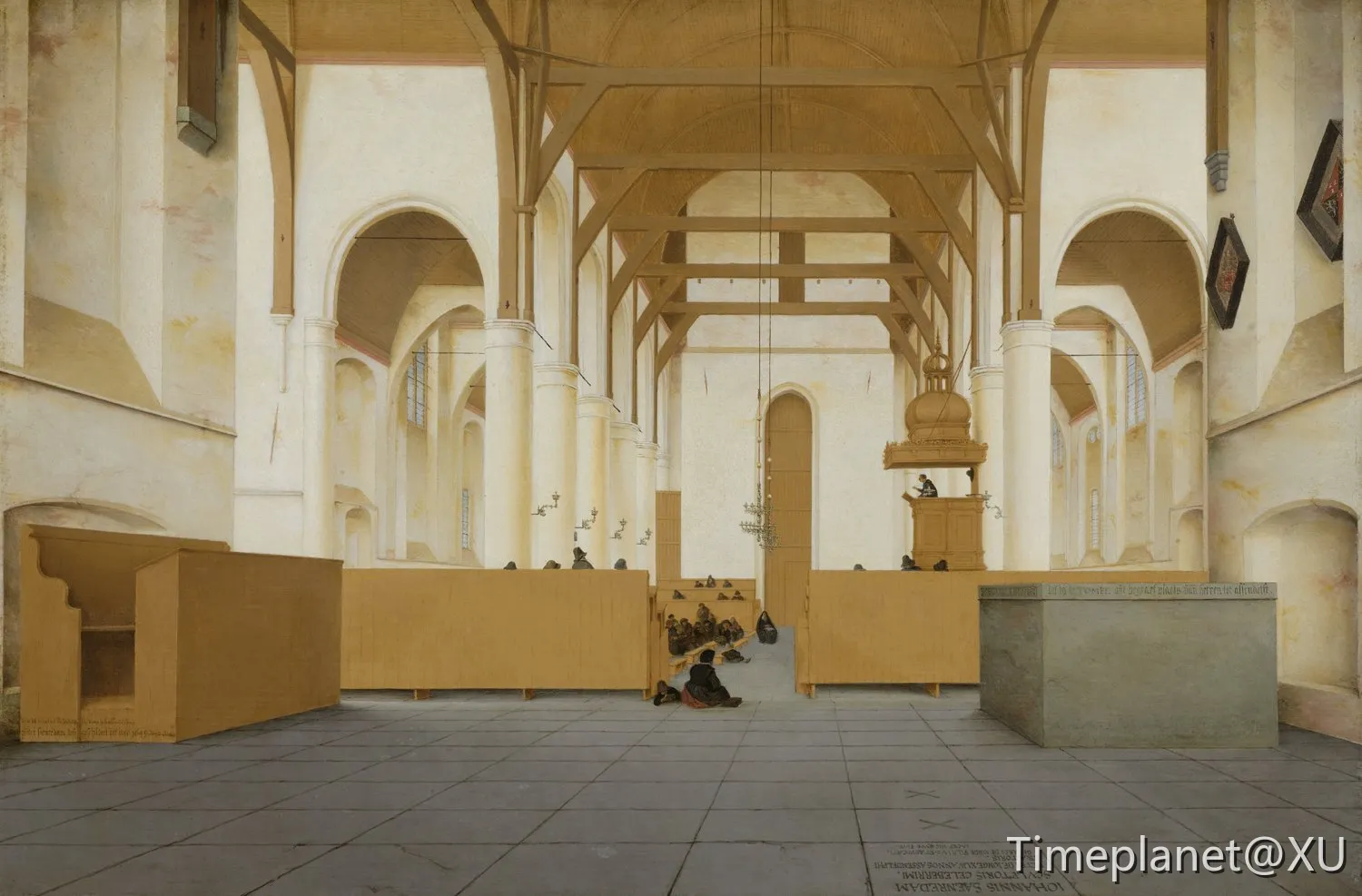RJ:Aristotle and Newton are for today’s science while Plato is for tomorrow
正文
According to the Oxford Dictionary of English, science is a mass noun, which means “the intellectual and practical activity encompassing the systematic study of the structure and behavior of the physical and natural world through observation and experiment.” (Oxford Dictionary, 2002) As you can see in this definition, it uses three adjectives (intellectual, practical and systematic) and provides us one object to study (physical and natural world) with two methods (observation and experiment). It is the concept of modern science, describing the purposes, research objects, and methods. In a different era, there are different levels of science but the desire for truth never changes. It is such philosophers or scientists like Plato, Aristotle, Newton, and Darwin that promote the development of science. In the following, I will analyze their great contribution on science development, respectively, with chronological order. Surprisingly, I find that the notion of science started in the age of ancient Greece and will go back to Plato’s cave again. Opinions of Aristotle and Newton do benefit human society much more than Plato, well explaining the world and even well predicting the future. However, not as many people regard Plato only as enlighten of science, I believe Plato’s conceptions have gone much further. And it will be the only way for us to step over the boundedness of human beings caused by the limitation of dimensionality.
When it comes to the beginning of western science, Plato must be mentioned. Plato argued that there are two distinct realms, the sensible world of appearance and the real world of Forms. And the material realm is the imperfect replicate of the form realm. (David, 1992) To clarify this idea, he gave the allegory of the cave in Republic, in which a group of prisoners live in the cave and are chained to the wall, facing a blank wall. The shadows on the wall are the prisoners’ reality. If, however, we were to miraculously escape from the cave, we would find the world with a sun. It is a higher reality than the one we live in. It is the realm of pure Form, pure fact. If we jump out of the allegory into reality, we may ask how to reach the form realm. In Plato’s idea, the ability to find the form realm is transcendental. Plato encouraged people to be rational. Escaping from the bondage of sense experience is the only way to climb out of the cave. This is a mental activity and requests people to give a definition of the perfect concept in mind. The requirement of giving definition promotes science and deeply influences the road of science development.
Plato’s proposition is closely followed by Aristotle, whose idea makes a great contribution to inductive and deductive demonstrations. Surprisingly, Aristotle refused to accept this diminished, dependent status that Plato assigned to sensible objects. (David, 1992) He delivered another proposition, in which matter is more basic and serves as the subject or substratum for the form. This idea gives further influence on epistemology. From this, knowledge could be gained from the experience instead of Plato’s abandoning experience. One can use inductive demonstration to get pervasive principles and deductive demonstration to solve the problem in reality. It is the rudiment of modern science, a huge leap from Plato.
However, Aristotle only relies on observation with a lack of experiments. Galileo and Newton quantify science with experiments, which lays the foundation of modern science. (I. Bernard, 1985) Especially, Newton brought calculus into science. It is fair to say that it was from Newton that science started considering problems in a purely mathematical way and systematic theories were built. From now on, science has been ushered into a new era. The purpose of science is to explain the world and predict what will happen. And during this time, science is used everywhere (industry, medical treatment and so on) to promote the development of human society.
Dramatically, some cutting-edge scientific theories bring us back to the origin of science and philosophy. When most people firmly believe the world of matter is the most basic, some problems arise as the appearance of On the Origin of Species and the development of theoretical physics. The most famous question is that “Does god play dice with the universe?” (Shan, 2008) According to Darwin (1859), human beings have suffered from natural selection. The emergence and evolution of varieties are responsible for the origin of species, which denies that god creates males and females in his own image. We, human beings, have no essential difference from other animals, or species. It shakes human faith and the meaning of existence. And with the development of theoretical physics, we found that we are limited when we observe the microworld, which is called the uncertainty principle. Also, Erwin Schrödinger’s cat brings parallel universes. The world we live in is only one of the multiverse, one of infinity. We belong to the world. We are limited by the world. We are trapped in dimensionality.
Of course, human beings will never be content to stop at the three-dimensional space. String theory and superstring theory have been stepping into the four-dimensional world or even much higher dimensionality. At this point, let’s go back to thinking about Plato’s cave. The prisoners, human beings, are trapped in a 3D cave. What we could see is only the shadow of a higher-dimensionality world. How could we reach the really real realm and gain true knowledge? How could we go further with chain and fetter? The answer is, as Plato told, if you aspire to apprehend “the essential reality,” you must proceed “through the discourse of reason unaided by any of the senses.” (David, 1992)
In short, Aristotle and Newton lead science into the modern era. Aristotle propounded the inductive and deductive demonstrations and Newton provide the calculus for qualitative analysis. Science becomes more and more logical, rational, mathematic, and systematic. However, Plato went much beyond this, noticing the limitation of human beings and arguing that the form has objective, independent, and indeed prior existence.




